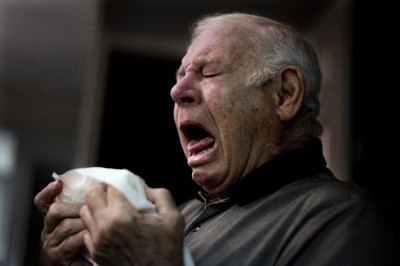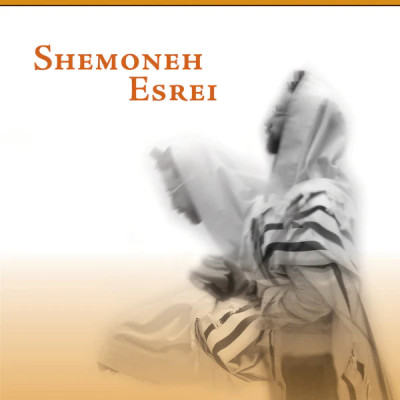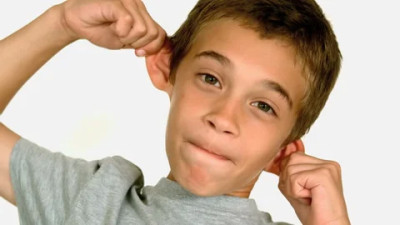


I. Introduction
Sneezing, a universal human reflex, transcends cultures and societies. In ancient Greece, sneezes were believed to be messages from the gods. In several Asian cultures, including China, Korea, Japan, and Vietnam, a sneeze signified that someone was talking about you. In Nepal, it indicated someone was remembering you. In India and Iran, sneezing before work signaled bad luck. Many cultures share a universal impulse to respond to sneezes. This rich tapestry of meanings invites exploration. This article explores the Jewish perspective on sneezing, examining its historical context, symbolism, and practical implications.
II. Good Sign
According to the Gemara (Berachot 24b)1 sneezing during Shemoneh Esreh holds positive significance. This bodily response is interpreted as an auspicious indicator, suggesting that just as sneezing brings relief and a sense of well-being in this world, it similarly signifies that Heaven will graciously respond to one's prayer, granting a favorable outcome. On the other hand, it is considered unfavorable and prohibited to pass gas during the Shemoneh Esreh. This is codified in the Tur and the Shulchan Aruch (Orach Chayim 103:3).2 Sefer Piskei Teshuvot (ad loc) notes that this rule doesn't apply if you have a cold or intentionally induce sneezing through tobacco sniffing.
According to Rav Chaim Kanievsky,3 sneezing during Shemoneh Esreh holds positive significance for the entire prayer, differing from the halachic implications of a chazzan's error, which is restricted to the first blessing and deemed an unfavorable sign.
III. Pulling the Ears
The practice of pulling one's ears after sneezing has historically been more prevalent among Jews from Galicia and Lithuania. However, its execution has sparked debate, with disagreements surrounding whether one or both ears should be pulled and whether they should be gently pulled or tugged. Despite uncertainty regarding the custom's origins, its purpose was reportedly tied to conversations about the deceased. According to Otzar Kol Minhagei Yeshurun,4 pulling one's ear after sneezing was specifically done when mentioning someone who had passed away as a poignant reminder of Adam HaRishon's sin, who, for disobeying Hashem's command, was punished with mortality. Nevertheless, some poskim, such as Rav Menashe Klein,5 condemn the practice, labeling it a non-Jewish custom unworthy of observant Jews, cautioning against adopting "the ways of the gentiles.” Within the Chabad community, opinions on this practice vary. Some adherents faithfully follow the tradition established by past Lubavitch Rebbes, while others choose not to observe it.6
IV. Hygiene and Respect
Covering one's mouth serves the practical purpose of preventing the spread of diseases. The Talmud Yerushalmi7 provides insight into this custom, recounting how Ribbi Yehudah Hanasi would cover his mouth when yawning or sneezing. This gesture, observed by his disciples, has become an enduring guideline for Jewish etiquette.
Sneezing: Sign, Truth, Pull The Ears?
Typography
- Smaller Small Medium Big Bigger
- Default Helvetica Segoe Georgia Times
- Reading Mode




